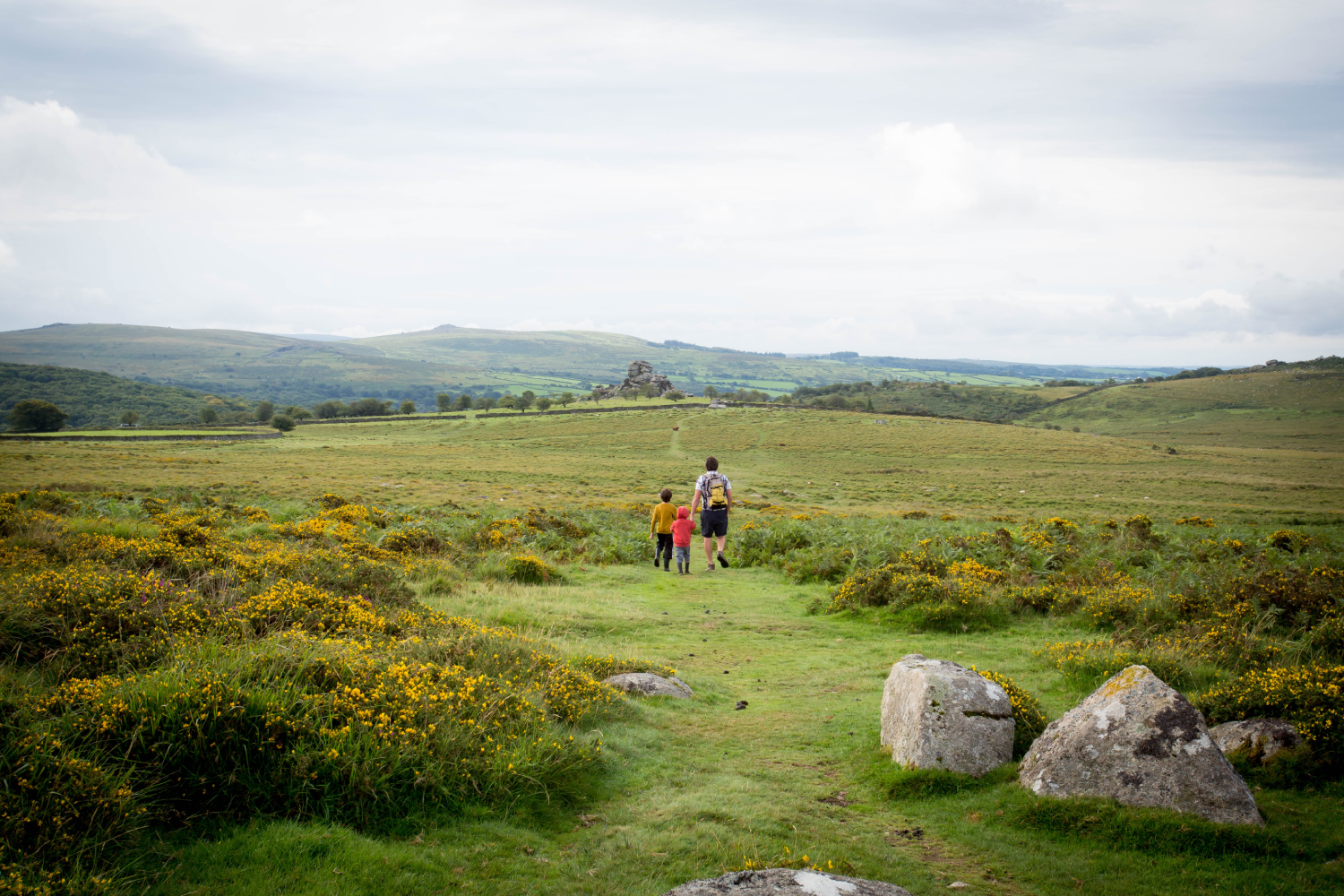
Our campaign for new legislation reaches the House of Lords
Published: 31 January 2023
Senior Campaigns Officer, Nick Hall, on the latest big step in our campaign for new powers to protect and enhance National Parks and AONBs.
The start of 2023 has seen our cherished protected landscapes facing a host of challenges and threats. The need for Campaign for National Parks has never been greater, and that’s why we’re taking direct action in Westminster – and why we need your help.
Dartmoor wild camping
Like so many of you, we were deeply disappointed by the recent High Court judgement on wild camping in Dartmoor, which effectively outlaws wild camping without landowner permission. The decision raises crucial questions about long-established public rights of access and who National Parks are for. At a time when we need to increase access to nature for the sake of people’s health and wellbeing, this deplorable decision is a major step backwards.
The reaction to the ruling has illustrated the deep-rooted and widespread support that people have for connecting with these unique places, and we were delighted to walk alongside 3,000 other supporters on Dartmoor this January.
Together with a coalition of prominent organisations, including the Friends of Dartmoor (DPA), we called on Dartmoor National Park Authority to appeal the decision and we are delighted they have chosen to seek permission to appeal. We believe that there are strong grounds to do so, as set out by our Council member the Open Spaces Society.
In the meantime the Dartmoor NPA has reached an agreement to allow the continuing of wild camping on some parts of Dartmoor via a payment to landowners. While we recognise this as an interim measure, we believe the only long-term solution is to secure comprehensive legal reforms. We are working closely with Parliamentarians to seek changes to the law to ensure that people in the future have a right to wild camp, as so many have had in the past.
Road-building and sewage pollution
While access rights for wild camping have dominated the headlines, other National Parks in England are facing the threat of major road building schemes. The A57 link road on the edge of the Peak District has been given the green light by the Secretary of State for Transport, despite the damage this will cause for the environment, people’s health and the beauty of the area. Freinds of the Peak District/CPRE Peak District and South Yorkshire have written us this guest blog on the case and how you can support the legal challenge taking place.
Similar road schemes are also threatening the South Downs and the Lakes District National Parks, which we have written about here. The weakness of the current duty of regard on public bodies means that National Highways can side-step any concerns raised over the harms these schemes will cause.
And these environmental threats aren’t just restricted to land. Highly toxic sewage discharges continue to blight our seas and rivers, including those in protected landscapes such as Chichester Harbour.
Protected landscapes aren’t doing enough to protect nature
Even without the addition of harmful road schemes and water pollutants, the quality of nature recovery and biodiversity across protected landscapes is a cause for concern. Our recent analysis has shown that only a quarter of SSSIs (Sites of Special Scientific Interest) in National Parks in England are in ‘favourable condition’, compared to a national average of 38%. This is a worrying trend over the longer-term, with results getting worse, not better.
Covering nearly 25% of total land in England and Wales, protected landscapes have a vital role to play in helping the UK meet its legally-binding biodiversity and climate targets and international pledges to ensure 30% of land and sea is protected for nature by 2030.
But we need to be doing more to help nature recovery in these areas thrive.
We urgently need new legislation to tackle these threats
The solution to all of these challenges is to secure new purposes and powers that will allow protected landscapes do more for nature, climate and people. The good news is that there is an ideal opportunity right in front of us.
The legislation to protect and support these places was developed in an era before climate change, biodiversity loss and before inequalities in access were so evident. Now this legislation urgently needs updating and Campaign for National Parks is leading efforts to bring about change through the Levelling-Up and Regeneration Bill in Parliament.
Working with our supporters we’re delighted that our amendment to the levelling-up bill has now received cross-party support in the House of Lords, with a number of peers raising the plight of protected landscapes on the floor of the House. The amendment takes forward key recommendations from the Glover Review, giving new purposes and powers to drive positive change for nature, climate and people’s access, as well as enforcing a stronger duty of regard on public bodies, such as National Highways and water companies.
Our campaigning in the House of Lords follows on from a letter we sent to the Prime Minister at the end of last year, co-signed by 46 other organisations, calling on him to do more for nature and climate recovery in National Parks.
We’re delighted with the broad alliance of parliamentarians that have grasped the importance of this issue and we look forward to working with all them in pushing the government to back these urgent reforms.
How you can help
The next few weeks and months will be crucial as we look to win over even more support and everyone’s voice counts – including yours. You can pledge your support, and sign up for receiving more information about joining our campaign for legislative action
